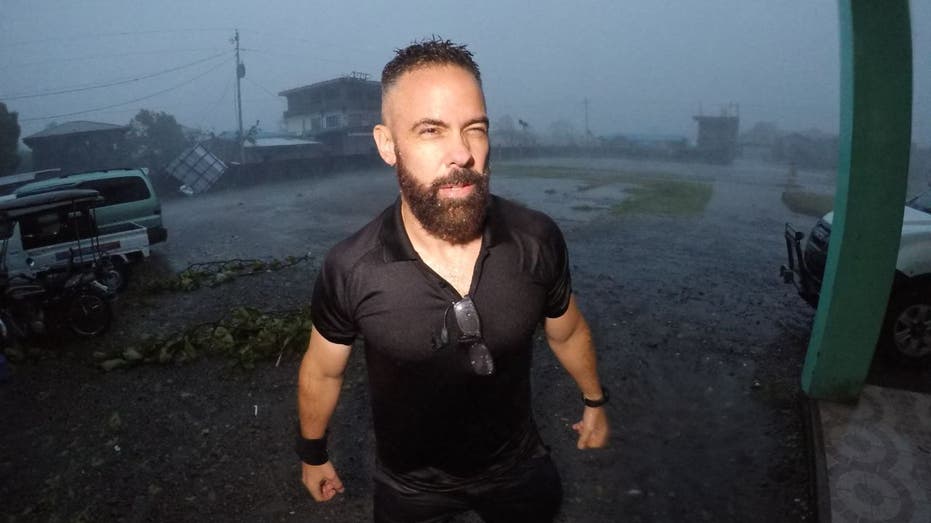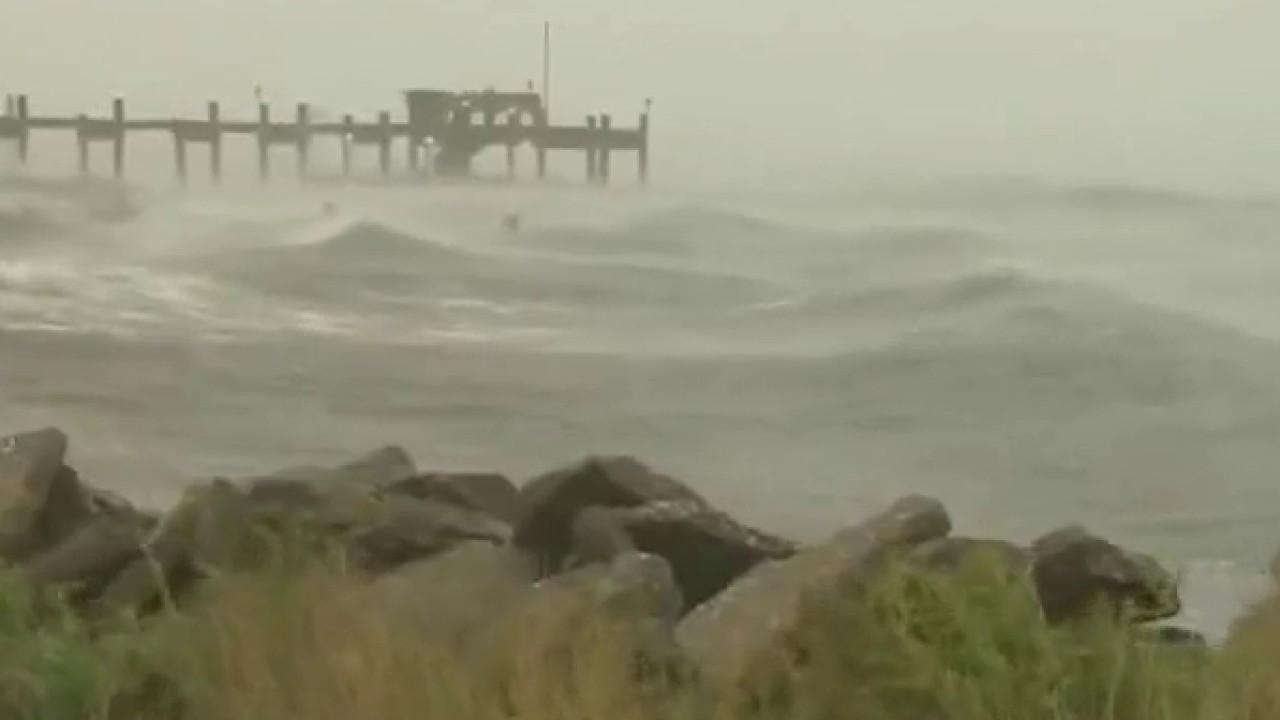How coronavirus impacts storm chasers this hurricane season
Pandemic could disrupt storm preparation and recovery
Josh Morgerman’s new summer house sits right in the path of two of the worst hurricanes to ever hit the U.S., 1969’s Camille and 2005’s Katrina.
It’s right where he wants to be.
Morgerman is a storm chaser and subject of the documentary series “Hurricane Man.” And while his profession may be unusual, he’s facing a very common problem this hurricane season: he’s had to call off travel plans due to COVID-19.
HURRICANES MAY CAUSE MORE PAIN FOR PANDEMIC-HIT INSURERS
The coronavirus pandemic has left officials from FEMA down to local governments questioning how to deal with problems like social distancing in crowded shelters or safely distributing relief supplies, especially as forecasters with the National Oceanic and Atmospheric Administration have predicted a “busy” Atlantic hurricane season this year. They’re expecting 13 to 19 named storms, six to 10 hurricanes and three to six major hurricanes.
“All the indicators are suggesting it’s going to be a very busy Atlantic season,” Morgerman said.

Josh Morgerman (ScreenDog Productions)
HURRICANE SEASON 2020 NAMES AND HOW THEY GET PICKED
FEMA received an extra $40 billion in funding from Congress’ COVID-19 appropriations. And in tropical storm-prone cities like Miami, officials have already set guidelines for evacuees to be screened, wear masks and maintain social distancing in shelters.
There have already been three named storms this year. However, it’s possible that most storms could stay out at sea, Morgerman told FOX Business. It’s also possible that one major storm could make landfall, like Hurricane Andrew in 1992.
“Just because it’s going to be a busy season doesn’t mean it’s necessarily going to be a busy season for the United States, but it’s likely,” Morgerman said. “The threat is higher.”
HURRICANE SEASON 2020 COULD BE INTENSE, FORECASTERS SAY
Normally, Morgerman would be traveling around the world from his home in California to chase storms from East Coast hurricanes to Asian typhoons.
“But this year it looks like East Asia is out of play just because of all the international travel restrictions,” he said. “You can’t enter a lot of the countries, and a lot of the countries you can enter, you have a 14-day quarantine.”
There’s where Morgerman’s summer home comes in. It’s located in Bay St. Louis, Mississippi. The town was “ground zero” for Hurricane Camille, and the house withstood the storm. It’s also within driving distance of storm-prone regions like southern Texas, Florida and the eastern Carolinas.
“I can just do the entire season by car,” he said.
GET FOX BUSINESS ON THE GO BY CLICKING HERE
Ground-based storm chasers aren’t the only ones in the storm community dealing with the coronavirus. Five employees at the NOAA “hurricane hunter” airbase in Lakeland, Florida have recently tested positive for COVID-19, FOX News reported.
If severe storms do make landfall in the U.S. this year, FEMA has warned emergency managers to expect “added complexities” in protecting the health of both evacuees and relief workers. The agency released a 59-page document last month offering guidance for dealing with hurricanes and COVID-19.
“Obviously the nation is going through a challenging time ... So certainly the last thing we need is a powerful hurricane impacting a populated area,” Morgerman said. “So let’s hope it doesn’t happen.”




















